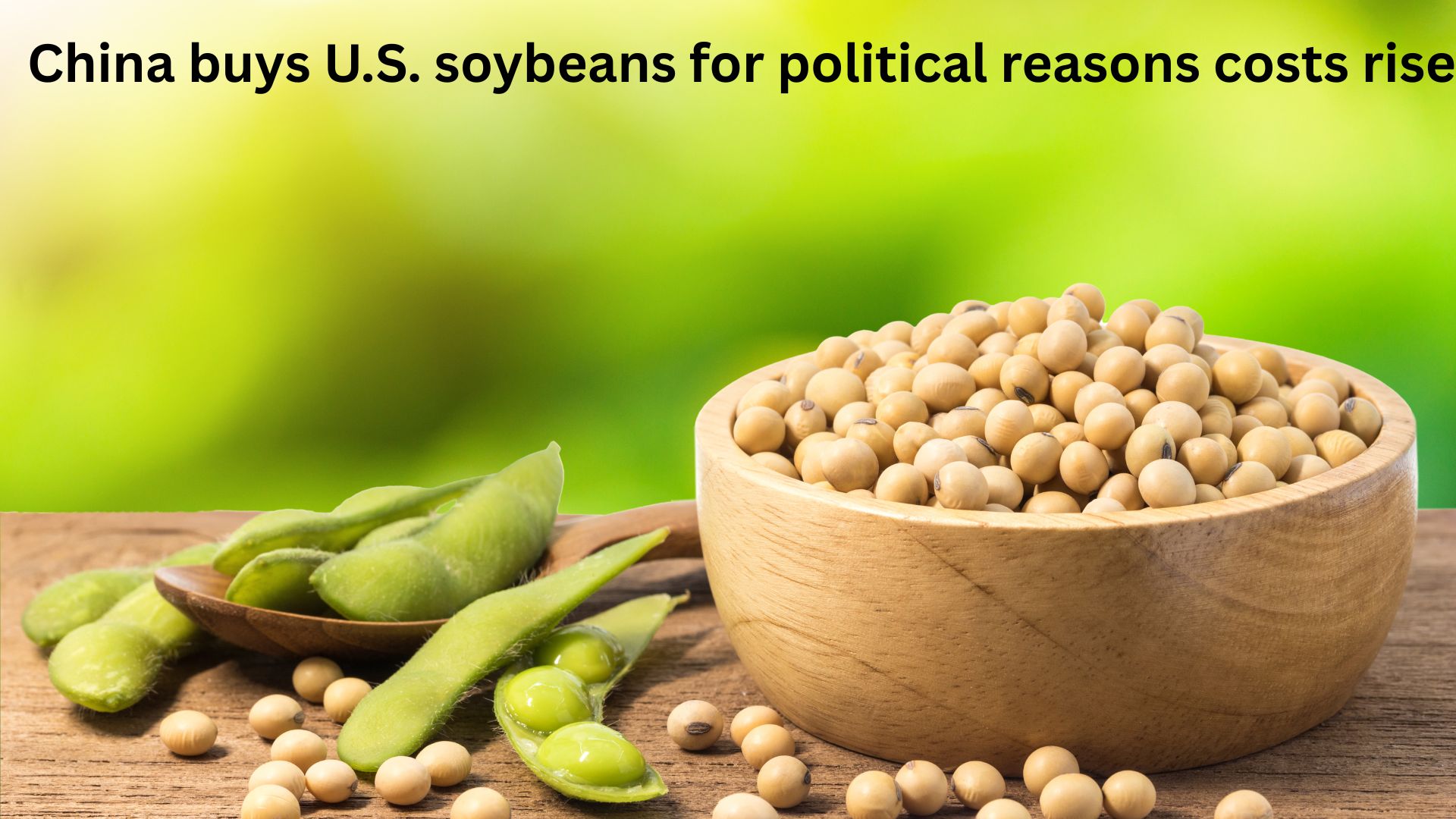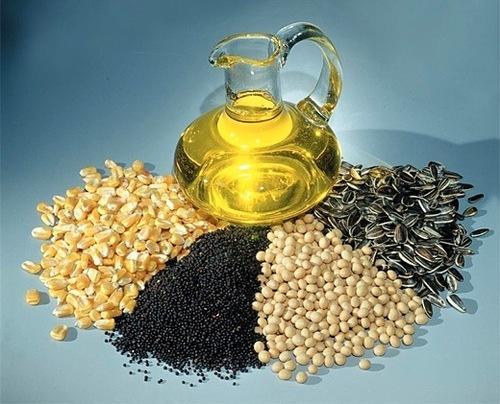Telangana-based researchers have successfully tested the high-density planting system (HDPS), which has the potential to boost cotton yields by 30 to 50%. In approximately 3,642 hectares spread over 26 districts in Telangana, researchers from Prof. Jayashankar Telangana State Agricultural University (PJTSAU) and the State Agricultural Ministry have started HDPS demonstrations in farmers’ fields.
It’s like cultivating three acres of cotton on one acre, according to a scientist. In contrast to traditional cotton, where farmers continue the crop for three to four pickings, the HDPS crop offers all the output in just one picking, allowing the farmers to opt for a short-term crop before the normal Rabi harvest. Approximately 21,000–22,000 plants were sown by the farmers as opposed to 7,000–8,000 plants per acre.
Sprays are used to control the plant’s height and guarantee that it is a consistent height, facilitating the use of harvesting equipment. Pneumatic planters were provided to farmers as part of the experiment. These planters require less labor and increase sowing precision. From Rasi Seeds and Nuziveedu Seeds, the scientists have chosen a few kinds for the demonstration.
However, the HDPS would incur further costs. Farmers would need to use five or six packets instead of two for an acre to grow more plants. Both the planter and the harvester are estimated to cost 11 and 70 lakh rupees, respectively. Before more farmers start using HDPS cotton, it may take some time. In light of the increased yields and the questions from farmers about the planters, Jagadeeshwar predicted that more farmers will choose HDPS cotton the next year.

